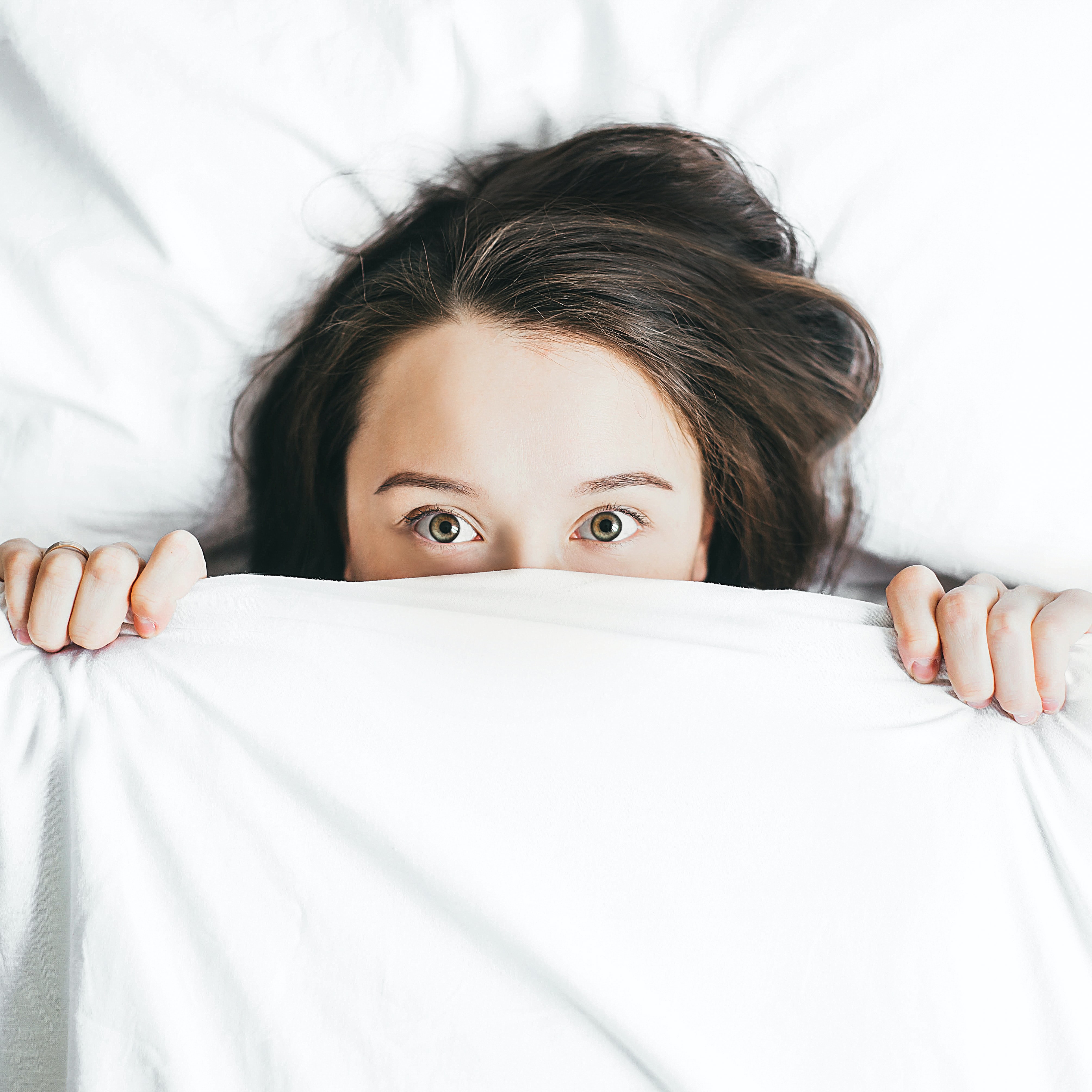
WHAT’S INSOMNIA?
Stress is one of the defining factors of the world we live in today due to its fast-paced nature and having to deal with many things at once. As such, sleep and the rest associated with a good night’s sleep is an essential commodity. Therefore, insomnia is not only a challenge but a disheartening and frustrating one.
Insomnia is characterized by persistent difficulty either in falling asleep or remaining in a state of sleep at night. With this, an inability to fall asleep or remain asleep in the afternoon or during a nap does not indicate insomnia. However, insomnia can cause a lack of rest during the day. It is the most widely known and studied sleep disorder and affects approximately one out of every four persons. It is assumed that everybody will display insomnia tendencies at some point in time, depending on life experiences and activities in that period.
Besides fatigue which can be unpleasant, chronic insomnia triggers complications such as depression, mental ill-health, and obesity. It also often leads to daytime drowsiness, dizziness, attention-deficit, and an overall sense of psychological and physical illness.
CAUSES OF INSOMNIA
Insomnia may be acute or chronic. In its acute form, it occurs between one night to some few weeks, while any persistent lack of sleep lasting more than three weeks is chronic insomnia. Due to the importance of sleep in maintaining the body in a well-functioning state, insomnia is a platform for more profound medical conditions such as depression, anxiety, sleep apnea, and other psychological and emotional disorders.
Based on the cause, there are primary or secondary insomnias. Primary insomnias have no underlying medical cause. An example is an idiopathic insomnia that begins during childhood development and lasts into adulthood. It sometimes occurs from a chemical imbalance in the body, but the main cause of such insomnia remains elusive. Stress, behavioral changes, jet lag or other routine changes, and environmental influences are highlighted causes of primary insomnia.
Secondary insomnias, on the other hand, have underlying medical causes. These include:
- Medications for health conditions such as asthma, Attention Deficit Hyperactivity Disorder (ADHD), mental health, cold, allergies, hypertension, et cetera. Substance abuse and birth controls have been identified as causes of insomnia.
- Hyperthyroidism
- Other sleep disorders, for instance, sleep apnea, can cause secondary insomnia.
Defective behaviors are often associated with those suffering from insomnia. Behavioral habits such as addiction to TV, playing computer games, internet surfing, social media platforms and doing lots of housework complicate insomnia.
DEALING WITH INSOMNIA
According to an article published on The Ohio State University Wexner Medical Center blog, here are some effective ways to deal with insomnia
- Identify the cause of sleep anxiety and ways to get rid of it.
- Follow a sleep schedule. Try to fall asleep and wake up the same time every day. With this, the body biologically conditions itself by creating a sleep urge. A healthy sleep pattern is an excellent way to rediscover your sleeping groove.
- Avoid taking foods such as caffeine, tobacco, and alcohol approximately six hours before going to bed. These foods disrupt sleep patterns, thereby complicating insomnia.
- Brighten the room by switching on the lights or allowing sunrays infiltration on waking up. This act helps to reset your biological clock to a state of wakefulness.
- In the same way, keep the room dim or eliminate every source of light before going to bed. These include switching off computers, laptops, and mobile devices.
- Ensure that the room is cozy, dark, and calm.
- Exercise regularly. It enhances daytime concentration and great night sleeping patterns.

